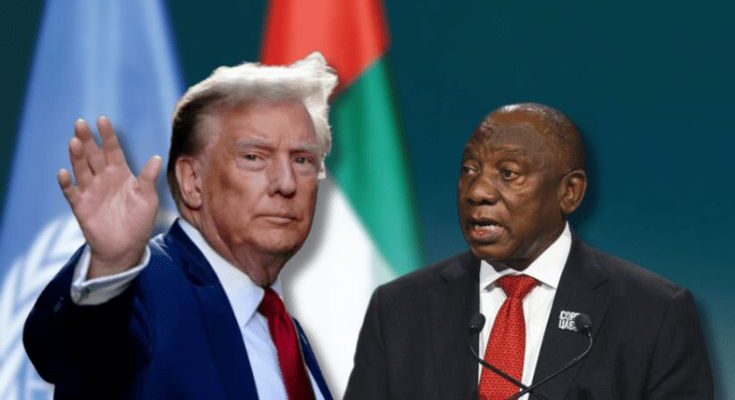Washington, D.C. — A high-profile diplomatic meeting between former U.S. President Donald Trump and South African President Cyril Ramaphosa turned unexpectedly contentious on Friday during a sit-down in the Oval Office, highlighting the ongoing friction between the two nations over issues ranging from trade policy to human rights and geopolitical alignment.
Sources close to the administration confirmed that what was initially intended to be a routine bilateral dialogue escalated into a tense and, at times, confrontational exchange. The meeting, which lasted over 90 minutes—well beyond the originally scheduled 45—ended with no joint press conference and visibly strained body language as the two leaders exited separately.

A Frosty Welcome
President Ramaphosa arrived in Washington to meet with Trump as part of a broader diplomatic tour aimed at strengthening trade ties and securing support for key South African economic initiatives. Analysts had expected the leaders to find common ground on economic cooperation and private-sector investment. However, according to insiders, the tone was set early when Trump opened the meeting with criticism of South Africa’s land reform policies, a topic he has previously tweeted about with skepticism.
“Your government’s policy of land expropriation without compensation sends the wrong message to investors,” Trump reportedly said, in reference to South Africa’s controversial land redistribution proposals. According to South African officials present, Ramaphosa responded sharply: “We are correcting a historical injustice, not engaging in theft. It is a sovereign matter.”
The early exchange laid the groundwork for a meeting that would delve deeper into ideological divides rather than bridge them.
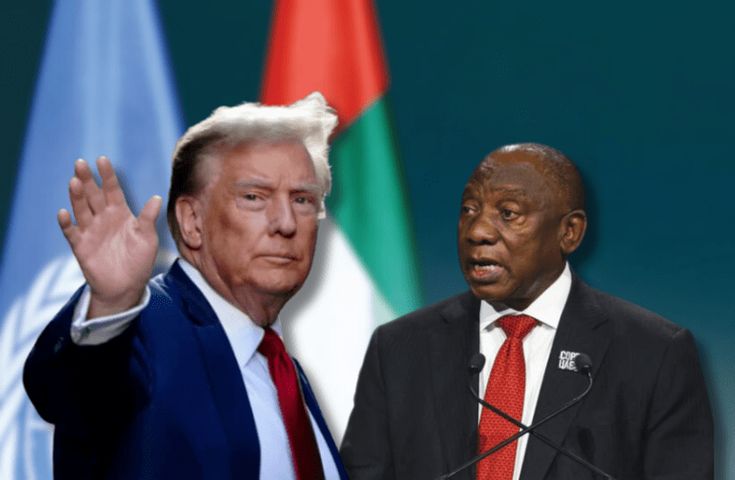
Clash of Priorities
Beyond land reform, tensions arose around trade practices, military alignment, and broader international diplomacy. Trump criticized South Africa’s growing economic relationship with China and Russia, accusing Ramaphosa of “playing both sides” in what he called a “new Cold War between democracy and authoritarianism.”
“We are allies. You can’t strengthen the BRICS bloc while turning your back on your Western partners,” Trump reportedly told Ramaphosa, referring to South Africa’s role in the BRICS economic alliance with Brazil, Russia, India, and China.
Ramaphosa, unfazed, shot back: “We maintain our own foreign policy based on mutual respect and multipolar cooperation. The world is bigger than your binaries, Mr. President.”
Trump is said to have bristled at the remark, responding, “You either stand with freedom or you stand with tyranny.”
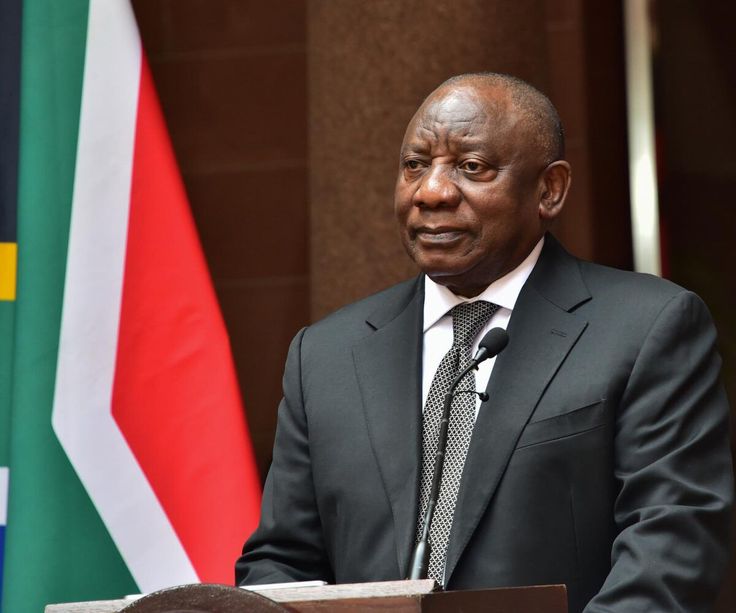
Human Rights and Immigration
The conversation reportedly also touched on South Africa’s internal challenges, including its handling of racial tensions and crime. Trump criticized what he termed “reverse discrimination” in the country’s land policies and raised concerns over attacks on white farmers—echoing themes popular among some right-wing U.S. commentators.
Ramaphosa, visibly frustrated, replied: “We do not need lectures on race from a country still grappling with its own legacy of systemic inequality. South Africa’s democracy was born through dialogue, not division.”
The leaders also disagreed over immigration. Trump pushed for tighter scrutiny of South African visa applicants, suggesting an uptick in fraud and overstays. Ramaphosa dismissed these concerns as exaggerated and “statistically unsupported,” calling for fair and respectful treatment of South African citizens.
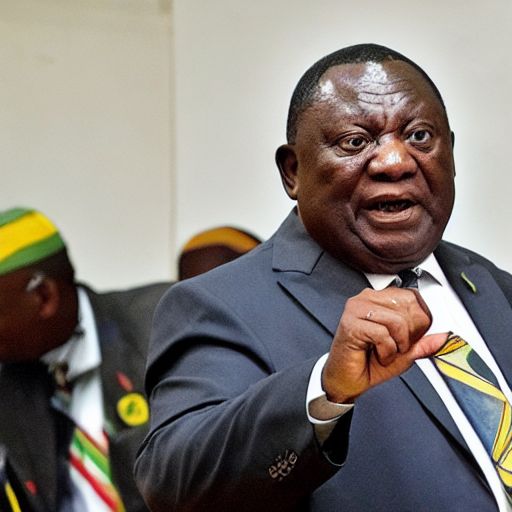
Trade Impasse
Trade policy formed another battleground during the meeting. Trump criticized the current U.S.–South Africa trade deficit and demanded more favorable conditions for American agricultural and industrial exports.
“America first means fair trade. We’re tired of being on the losing end,” Trump declared.
Ramaphosa defended South Africa’s adherence to international trade agreements and argued that the U.S. benefits immensely from its access to African markets through the African Growth and Opportunity Act (AGOA). “Our continent is your next frontier. Don’t push us into the arms of others by retreating inward,” he said.
The leaders failed to reach any new trade agreements during the meeting, and subsequent press statements from both administrations reflected a lack of consensus.
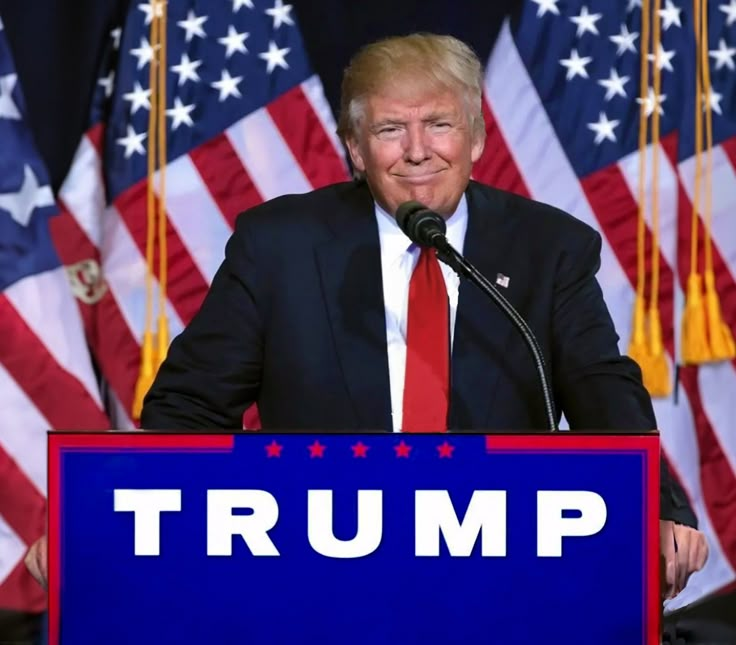
Behind Closed Doors
Diplomatic aides reported that the two men also disagreed on global health policy, particularly South Africa’s handling of COVID-19 and vaccine procurement from China. Trump allegedly dismissed South Africa’s deals with Sinovac and other Chinese manufacturers as “risky bets,” while Ramaphosa defended them as “necessary and lifesaving” in the face of limited Western support during the early pandemic stages.
The clash of tone and values seemed to encapsulate a broader ideological chasm: Trump’s nationalist, America-first approach versus Ramaphosa’s multilateral, pragmatic worldview.
The Fallout
Neither leader held a joint press conference following the meeting, a sharp contrast from the standard protocol in high-level diplomatic visits. Trump returned to a meeting with GOP senators later in the day, while Ramaphosa met with members of the Congressional Black Caucus and U.S. business leaders without further comment on the Oval Office tensions.
In a statement issued hours later, the White House described the meeting as “a candid exchange of views between friends,” adding that President Trump “reiterated the importance of democratic values, fair trade, and international security.”
The South African presidency was less diplomatic in tone. “President Ramaphosa reaffirmed South Africa’s sovereignty, commitment to non-aligned diplomacy, and the imperative of respectful international engagement,” the statement read.
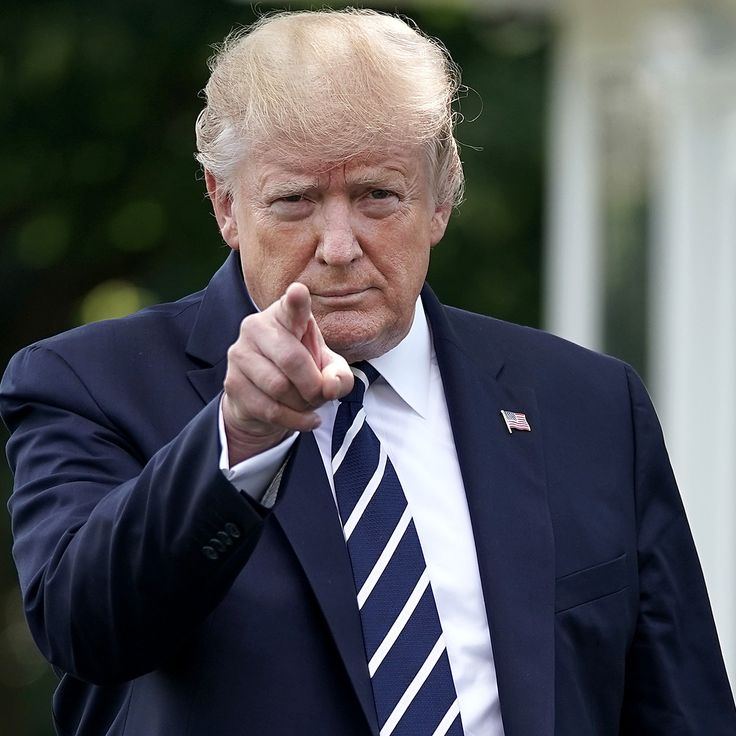
Reactions
International observers and foreign policy experts were quick to weigh in. Dr. Sipho Mbele, a Johannesburg-based political analyst, noted: “This meeting was a diplomatic collision between two fundamentally different leadership styles. Ramaphosa believes in consensus-building. Trump thrives on confrontation.”
In the U.S., opinions were divided. Right-wing commentators praised Trump for “standing up to globalists,” while critics accused him of undermining long-standing U.S.–Africa relations with his combative approach.
“The U.S. risks alienating key African allies at a time when global influence on the continent is rapidly shifting,” warned Ambassador Linda Thomas-Greenfield, the U.S. envoy to the United Nations.
What’s Next?
While the Oval Office clash may not have yielded any immediate policy breakthroughs, it underscored a growing global tension: how nations in the Global South navigate partnerships with both traditional Western powers and rising Eastern ones.
President Ramaphosa will continue his U.S. visit with scheduled stops at the World Bank, the UN, and several tech companies in Silicon Valley. Whether Trump’s sharp tone will impact future cooperation between Washington and Pretoria remains to be seen.
But for now, one thing is clear: Daylight exists between these two leaders—and it’s widening.
